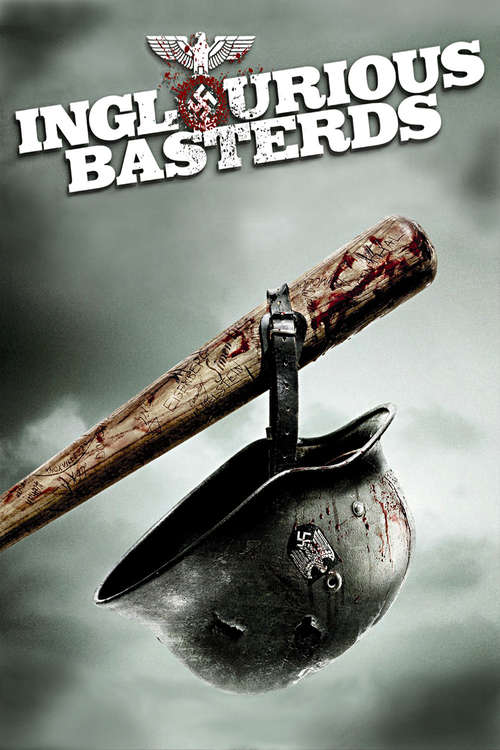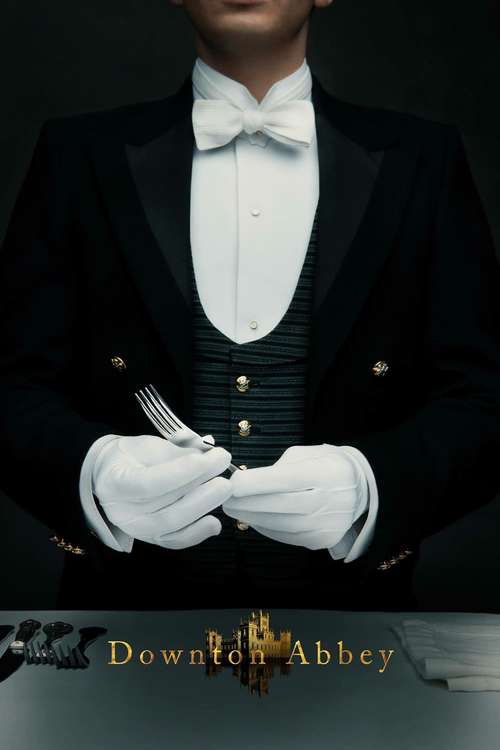Category: 2019
You are viewing all posts from this category, beginning with the most recent.
Neverwhere by Neil Gaiman (Books 2019, 16)
While I was reading this I thought it was probably my favourite of Gaiman’s prose works. And I thoroughly enjoyed it. But just a couple of weeks later, as I write, it’s already fading from my memory.
Maybe that’s just me, or maybe it’s London Below.
Either way, well worth a read.
More on Tarantino
Following on from my musings of a few weeks ago, regarding Tarantino’s introducing a slight degree of counterfactuality into a fictionalised version of the real world, we watched Inglourious Basterds the other day. (That film is ten years old. How?)
So it seems like adding counterfactual happy (happier) endings to real-world things is what he does now? I don’t know what happens in Django Unchained or The Hateful Eight, though. Turns out I haven’t really watched his stuff since Jackie Brown.
The Handmaid's Tale by Margaret Atwood (Books 2019, 15)
It’s to my shame that I hadn’t read this classic of modern literature before now. And it turns out, now that I have, that it’s really good. Surprise, surprise. I don’t really care for dystopias, as I’ve said before. Interesting that the book I linked to there had just won the Clarke, and the one we’re discussing was the inaugural winner of that award.
For the first few chapters I was distracted by wondering how this situation, this state, could have come to be. Strangely what I found difficult to cope with was not the restrictions, the rolling back of rights — they are horrific, but I could and can easily imagine an America (or, hell, maybe even a Britain) that could enact those laws.
No, what I found hardest to believe in was the dress codes. The way not just the Handmaids, but the marthas (domestic servants), econowives (lower-class, probably infertile women, assigned to lower-class men) and even Wives (the wives of the ruling-class men) all dress in the standard costume of their class.
Somehow I feel — or at least felt — that it would be harder to get everyone to dress the same way than to obey laws that restrict more important freedoms.
As the chapters went on, those concerns evaporated. The telling of the backstory through Offred’s reminiscences outlines a convincing route from 80s America to Gilead. Though a lot more could be told: it is only an outline. Still, it’s enough.
These days, with actual nazis poisoning our political discourse, and attempts to roll back reproductive rights even in France, it sometimes feels — as Atwood no doubt intended — that Gilead is not so much a fable as a warning.
Where, and in what direction, am I meant to slide? Because I can’t get past this screen in the iPhone camera app “Manual.”

The Seventh Function of Language, by Laurent Binet, Translated by Sam Taylor (Books 2019, 14)
I need to start making notes about where I hear about books. This hasn’t been on my Kindle for long, but I have no idea what prompted me to buy it.
I’m glad I did, though. This is great. It’s set in 1980, and Roland Barthes, the philosopher and semiologist (semiotician?) gets knocked down I the street by a laundry van. He dies later in hospital.
That much is true. But Binet uses it as the jumping-off point for a mystery caper of sorts, in various picturesque cities in Europe (and a brief dip into the US). Because Barthes was believed to have been carrying a paper detailing the titular function.
Along the way we learn things about semiotics and linguistics, aided by the police officer who is investigating the case
It’s a strange one, but pretty good.



